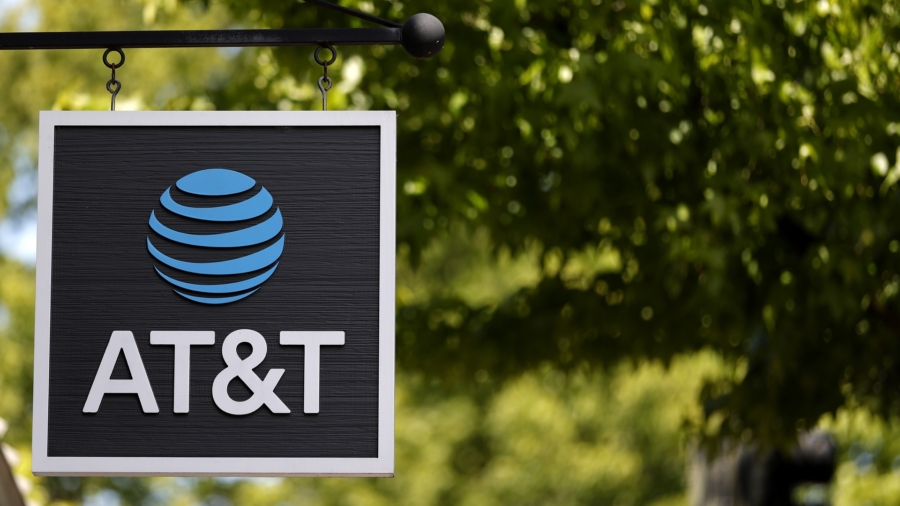Verizon and AT&T on Sunday rejected a request by the U.S. government to delay rolling out its next-generation 5G wireless technology but offered to expand so-called “exclusion zones” for six months.
The rejection comes amid an ongoing dispute over fears that the use of C-Band spectrum for 5G wireless services could interfere with sensitive aircraft electronics such as radio altimeters, which in turn could disrupt flights and result in some diversions.
On Friday, U.S. Transportation Secretary Pete Buttigieg and Federal Aviation Administration (FAA) Administrator Steve Dickson sent a letter to AT&T CEO John Stankey and Verizon CEO Hans Vestberg asking them to delay the planned Jan. 5 introduction of the new 5G wireless service, citing the aviation safety concerns.
The letter (pdf) asked for the CEOs to delay the rollout for two weeks as part of a “proposal as a near-term solution for advancing the co-existence of 5G deployment in the C-Band and safe flight operations.”
But in a response on Sunday, Stankey and Vestberg declined that proposal and said they plan to continue with the scheduled Jan. 5 rollout date, having already agreed to a “costly” month-long delay when they pushed back the date of their initial December launch date.
“On the evening of New Year’s Eve, just five days before the C-Band spectrum will be deployed, we received your letter asking us to take still more voluntary steps—to the detriment of our millions of consumer, business, and government customers—to once again assist the aviation industry and the FAA after failing to resolve issues in that costly 30-day delay period, which we never considered to be an initial one,” their letter reads.
“Agreeing to your proposal would not only be an unprecedented and unwarranted circumvention of the due process, and checks and balances carefully crafted in the structure of our democracy, but an irresponsible abdication of the operating control required to deploy world-class and globally competitive communications networks that are every bit as essential to our country’s economic vitality, public safety, and national interests as the airline industry,” the CEOs said.
However, as an alternative, both AT&T and Verizon said they would expand so-called “exclusion zones” for six months around certain airports, noting that similar precautionary measures were already in place in France.

The CEOs said this would give the FAA and aviation officials more time to study the potential for interference with aircraft operations and “remediate any altimeters that might not meet current standards.”
“In addition, despite the extraordinary and unprecedented nature of your further request, we will again volunteer, in the spirit of cooperation and good faith, to alter our use of the C-Band spectrum during the same six-month period (unless we and the FAA determine that these voluntary limits should be relaxed sooner),” the CEOs wrote.
“Specifically, for six months, until July 5, 2022, we will adopt the same C-Band radio exclusion zones that are already in use in France, with slight adaptation to reflect the modest technical differences in how C-band is being deployed in the two countries,” they said.
“That approach—which is one of the most conservative in the world—would include extensive exclusion zones around the runways at certain airports. The effect would be to further reduce C-band signal levels by at least 10 times on the runway or during the last mile of final approach and the first mile after takeoff.”
Stankey and Vestberg added that they care “deeply about the safety of our customers, employees, and families, all of whom fly domestically and internationally for business and pleasure.”
The FAA said in a statement to The Epoch Times that it was “reviewing the latest letter from the wireless companies on how to mitigate interference from 5G C-band transmissions. U.S. aviation safety standards will guide our next actions.”
From The Epoch Times


